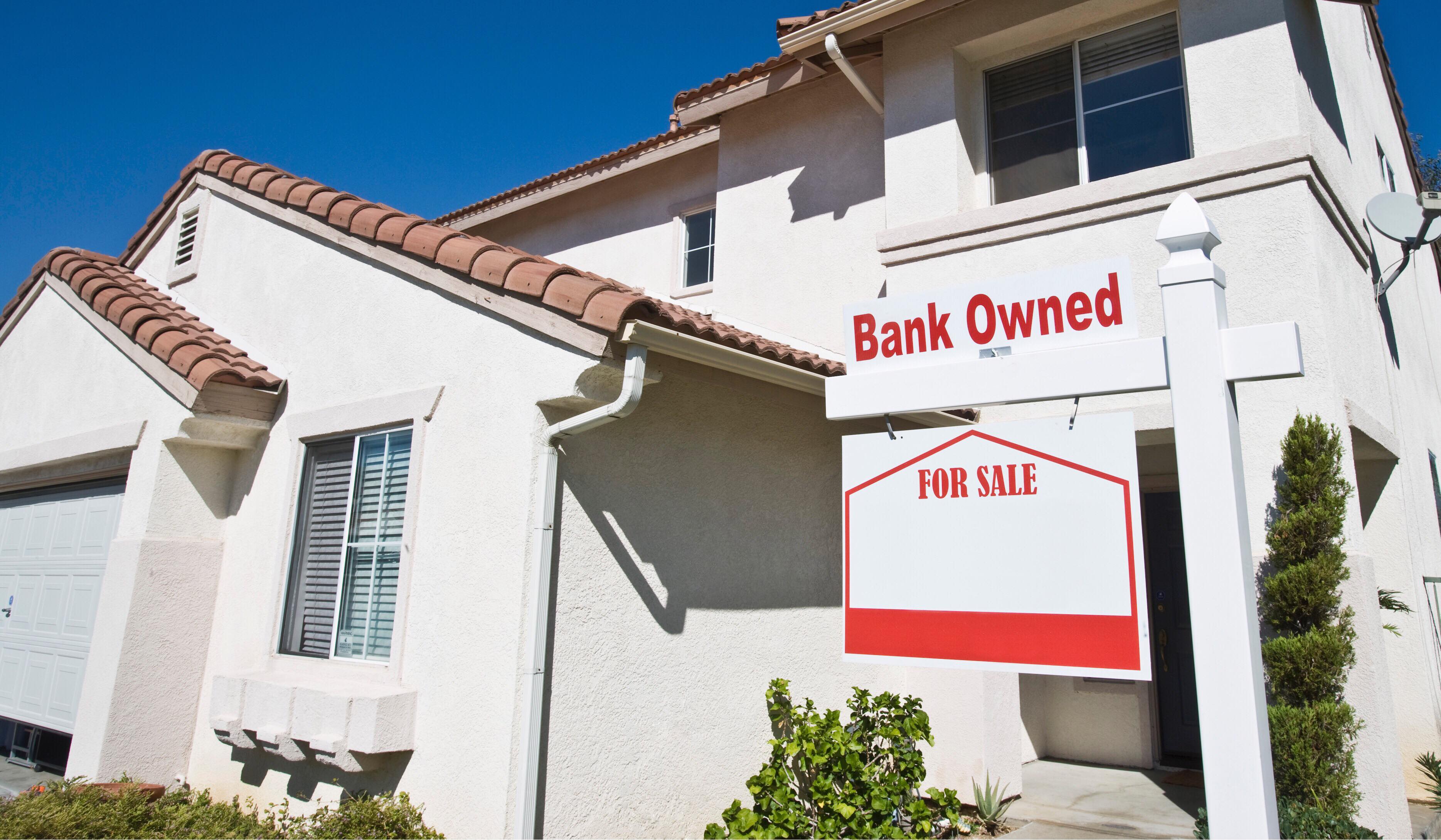Buying a Foreclosure
Buying a foreclosure property can be a huge money saver. It does, however, come with its downsides. While you’ll get a lot for your money, you may inherit some problems that require fixing or renovations. Know what to expect before heading into the process.
Terms
- Foreclosure– A property that belongs to the bank instead of the home owner, after the home owner fails to pay mortgage payments.
- Short sale– When a lender agrees to take a lesser amount of money than what is owed to them. The home owner is unable to pay off the mortgage.
- Real-estate owned/ bank owned– a property that is owned by a bank. The foreclosure process has been completed.
- Foreclosure auction-an auction to get the highest possible price for the foreclosed property.
What to Do and What to Know
Find a realtor
Find a realtor that is knowledgeable about foreclosures or short sales. I can speak from experience on this one. Some close family members purchased a home through a short sale about seven years ago. It would have been a nightmare without an agent that was calm, collected, and wise in the process. When there were questions, concerns, and bumps in the road, the agent promptly took care of them. That being said, this is the number one key to helping you obtain a foreclosure or short sale property. At least without pulling out all of your hair before it’s all said and done.
Preapproval
Apply for preapproval from a lender. You can’t begin the search process until you obtain preapproval for a loan amount. – (unless you are purchasing the foreclosure property with cash)
Area Comps
Ask your agent to help you look up area comps. What are other properties in the area selling for? How fast are they selling? Look at the comps specifically for foreclosure properties.
Bidding
Be prepared to bid higher. This is particularly likely if surrounding properties are selling quickly.
Condition
A foreclosure property is sold in as-is condition. If the property is bank owned, you can have an inspection completed. This will give you a heads up of repairs and renovations that will be required upon purchase or maybe prior to moving in. Have a handyman, or ask around for reputable companies to hire for repairs. Have money set aside to renovate or complete repairs.
Auction vs. Bank-Owned
Which one? Auction or bank-owned? This is a personal preference and highly dependent on your financials, cash or loan used to purchase, level of risk you’re willing to take, and time you would like to spend.
- Auction-Purchasing a foreclosure at an auction is certainly cheaper. The down side is there won’t be an inspection, you must have cash, and you are likely to be outbid by a real-estate company or bank.
- REO/BO-Purchasing a bank owned foreclosure property will cost more but there is less risk involved. You can have an inspection, although you can’t request repairs be made by the bank (current owners). An inspection does, however prepare you for what is to come. Lender financing is easier to find for a bank-owned property, and not typical for purchasing at an auction. The foreclosure process is already completed. Property is now owned by the bank.
Making a Decision
Deciding to purchase a foreclosure property is a personal decision. Consider some of these factors.
- What level of risk are you willing to take on?
- Can you easily handle stress and the unknown?
- What is your financial state? Do you have flexibility in bidding? Can you pay with cash, or are you able to get financing?
- What is your time frame? Do you need a home quickly? Are you flexible in the event the sale falls through?
Financials
- Lenders will help you find financing for a foreclosure property.
- Cash payments will give you more options.
- Real-estate investors will pay in cash, so if you counter offer, make your offer higher.
- An appraisal is required for a traditional loan.
Considering buying a foreclosure property? We can help you!





